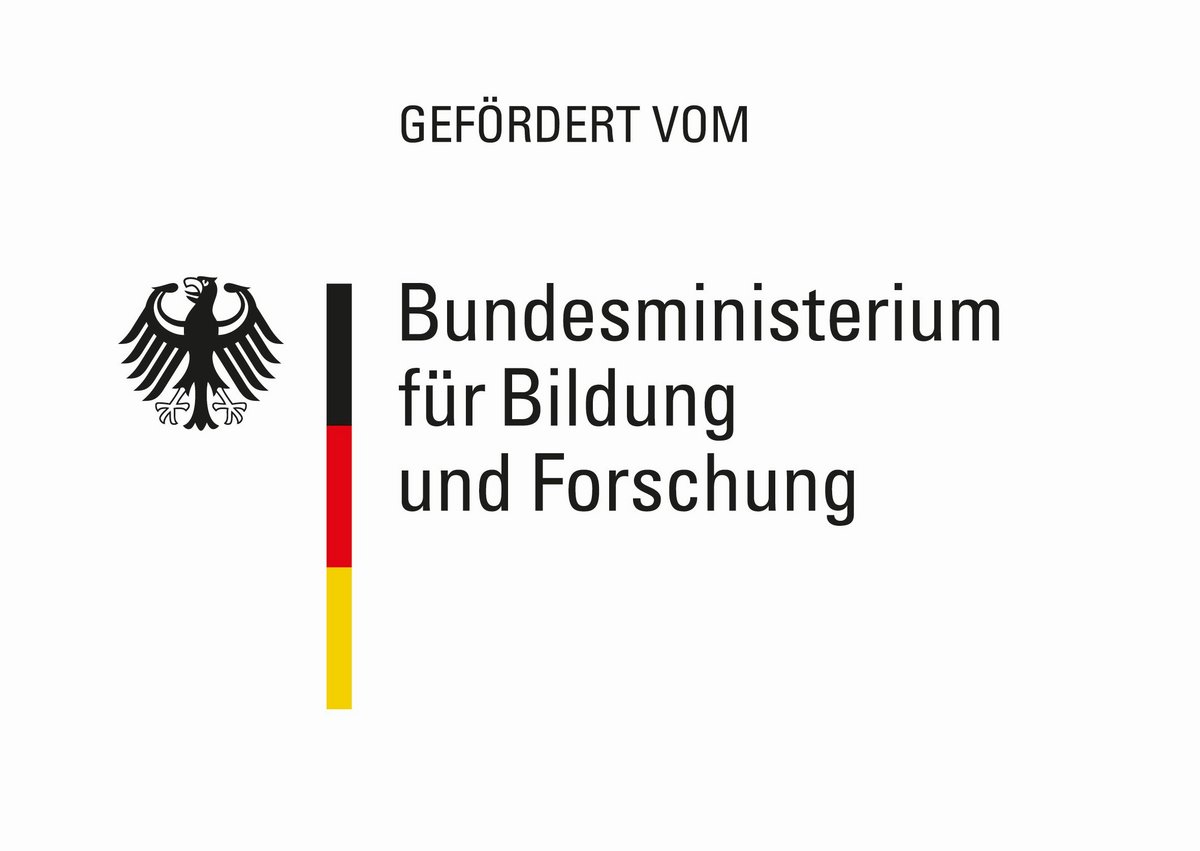
Project "Ersparte Krisen?"
The research project “Ersparte Krisen? – Crisis through savings” combines historical and sociological approaches to analyze the development of saving behavior of German private households during the last five decades. The starting point for this investigation is the observation that the changing saving habits of private households in western societies have led to a fundamental structural change in the financial markets. The global accumulation of savings, which led Ben Bernanke, the former chairman of the Federal Reserve, to speak of a “global savings glut” had, according to many experts, a critical influence on the recent crisis in the financial markets.
The historical part of the project is focused on the changes of investment products and the transforming marketing strategies of German commercial banks and Sparkassen (savings banks), from the 1960s onward. Moreover, using the example of the financial center in Luxemburg, it demonstrates how banking business has constantly become more international, addressing not only commercial customers´ business but also private savers’ assets.
The sociological part explores the social change of saving motives based on qualitative interviews. The central assumption is that saving decisions cannot be explained by individual preference or rational action alone but rather by the social context in which saving decisions take place. However, saving decisions are not only dependent on the current social background of individuals but are also subject to long-term and more general changes.
By reflecting on both the historical and the sociological perspectives of saving behavior, the project attempts to discover in more detail the multiple reasons for the changes in German saving behavior and the underlying activities of German banks and Sparkassen.
- Funding agency:
Federal Ministry of Education and Research (BMBF)
- Funding period:
2015-2018
- Project team member:
